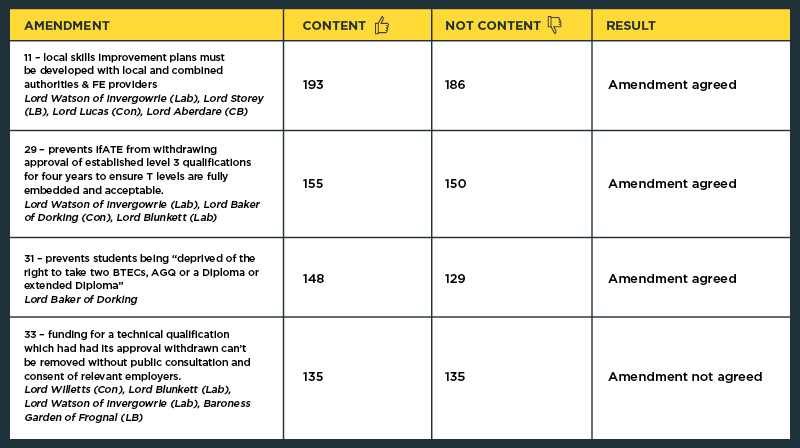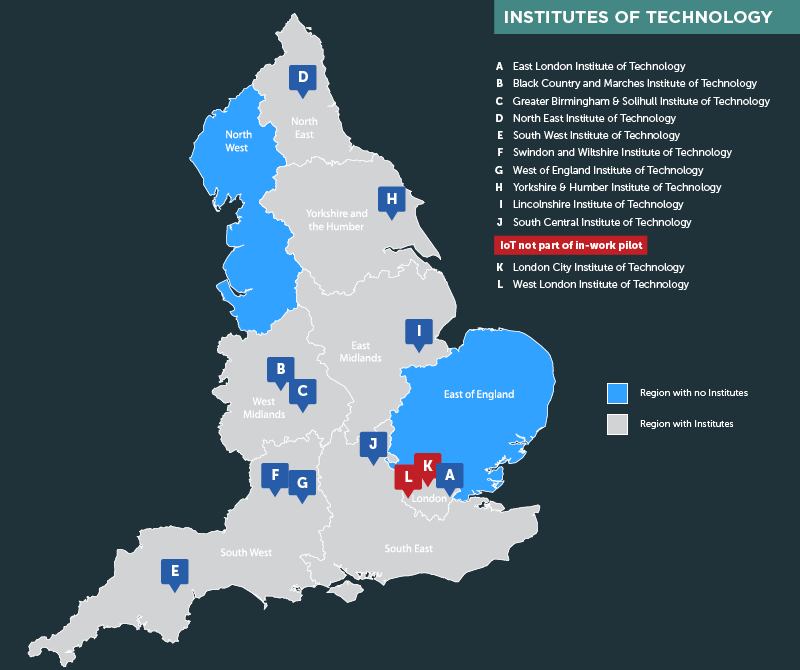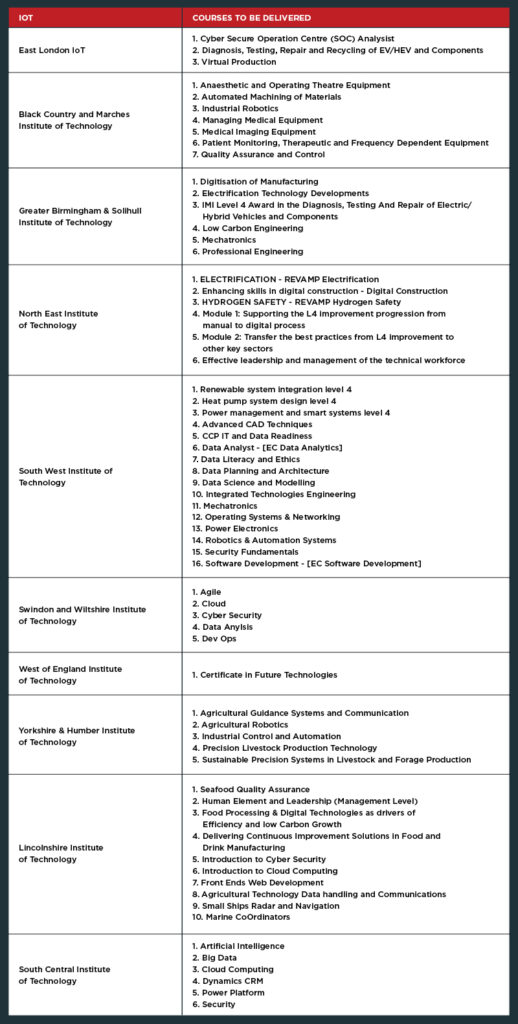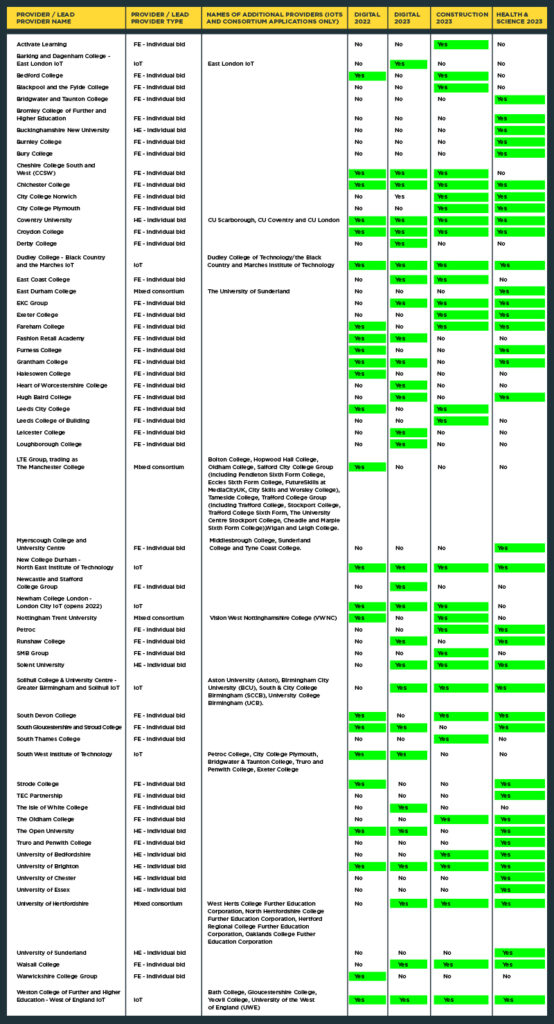The number of adults participating in literacy or numeracy learning has fallen 60 per cent since 2010, and urgent action is needed, writes Stephen Evans
“We have found that people are staggered when one confronts them with the basic facts about literacy and numeracy, and rightly so… It is a shocking state of affairs in this rich country, and a sad reflection on past decades of schooling and policy priorities over the years.”
So wrote Sir Claus Moser when his government-commissioned 1999 review found that one in five adults had low literacy or numeracy and recommended a government strategy to change this. In 2001 the government launched its Skills for Life strategy, backed by investment in provision, the teaching workforce and a national awareness campaign. Over the next decade, more than eight million adults gained basic skills qualifications and so many lives were changed.
However, sadly there are still one in five adults with low literacy or numeracy ̶ some nine million people in England. Yet the number of adults participating in literacy or numeracy learning has fallen 60 per cent since 2010. As a result, a new Learning and Work Institute report finds it will take 20 years on current trends for all adults who need help to get it.
Add to this the almost 12 million adults who lack basic digital skills and you have a hidden crisis.
It’s a crisis because of how fundamental literacy, numeracy and digital are to life and work. Low basic skills limit your chances of finding work, progressing in a career, accessing public services, supporting children in their learning, being active in your community, voting, developing financial and health capabilities and so much more.
And it’s hidden because it’s slipped down the political agenda. Yet under-investing in these skills is a false economy of epic proportions for the government too. Want to “level up” opportunity? Want to improve health and wellbeing? Want to help people access public services online? Want to help people retrain, find work, update their skills? Want more people to gain level 3 and above qualifications? All of these are made harder by the scale of the basic skills challenge.
That’s why we’ve formed the Skills for Life Alliance, bringing together a range of organisations to try and raise the profile of adult basic skills. One of our first steps is to analyse the drivers of falling participation. The huge cuts to the adult education budget, along with a nine per cent real-terms cut to funding per learner, are clearly a key factor. But the lack of awareness-raising (love or loathe the Skills for Life gremlins, you couldn’t really miss them) and cuts to services that used to refer adults to basic skills learning have played their part too.
Reversing the current sorry picture will require investment. But it will also require a collective effort to inspire adults to want to learn and provide learning opportunities that fit around their home and work lives. That means political leadership from the government, but also metro mayors giving priority to basic skills for their devolved funding ̶ as well as employers, community groups, health services and housing providers working together to engage people in learning.
If you want to know what progress looks like, look at Ireland. They’ve recently published their Adult Literacy for Life Strategy, a ten-year plan to improve literacy, numeracy and digital skills. Launching it, their minister said that if you have low basic skills, that’s not your failure, it’s a failure of society and the state and they were going to do something about it.
I’m not holding my breath for the spending review to launch a new Skills for Life strategy for England, though we all live in hope. But I hope we can all work together to make the case that improving basic skills is an investment in both economic growth and social justice, so that a new report in 20 years’ time doesn’t paint the same shocking picture that Sir Claus did.




